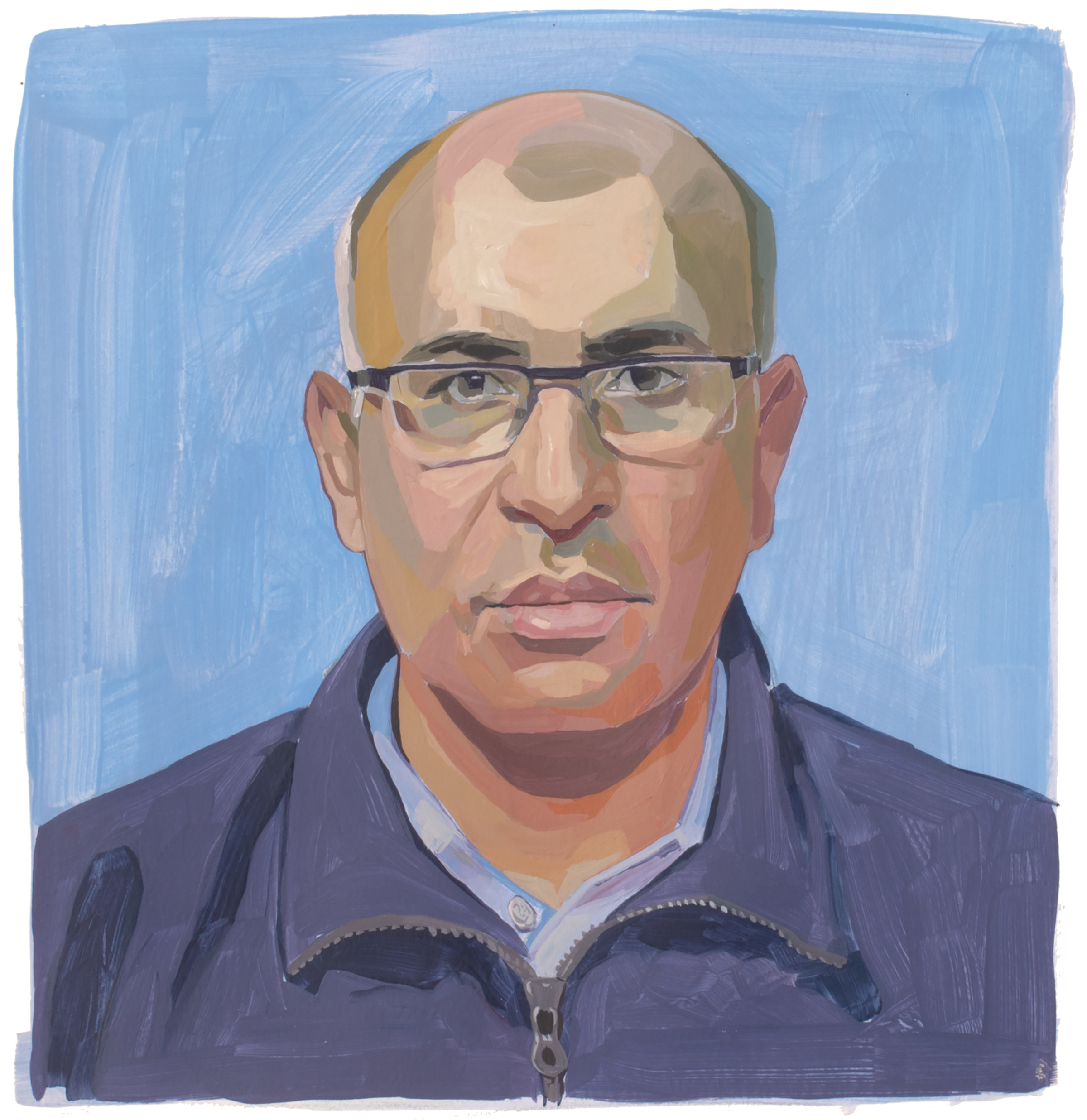There’s a renaissance going on in Alzheimer’s treatments, now that the first ones to address the root causes of the disorder—rather than the symptoms—are available. These therapies work best if patients get them early, well before memory loss and other cognitive deficits show up. Yet the best ways of diagnosing Alzheimer’s are either expensive (PET scans can cost $3,000) or invasive (cerebrospinal fluid can be obtained only through a lumbar puncture).
There may soon be another way to catch it early. Venkat Shastri’s company, ALZPath, developed a blood test for one of the key markers of early Alzheimer’s—ptau217, which is a form of the Alzheimer’s-linked protein tau—that doctors can now order from select labs. A 2024 study showed that the ALZPath test is as accurate as cerebrospinal fluid in detecting early Alzheimer’s. The test for ptau217 could eventually become a routine part of blood tests for older people. “The next 12 to 18 months will see our test become more and more relevant in Alzheimer’s, and more useful in clinical practice with neurologists and primary-care physicians who see patients with memory issues,” says Shastri, who’s co-founder and CEO of ALZpath.
For now, it’s designated as a lab-developed test, which means doctors can only order it from certified labs, but Shastri has requested approval from the U.S. Food and Drug Administration so that large hospitals and regional labs could perform it themselves, and insurers might cover it, expanding access. He’s also testing the same platform for different proteins that could help to diagnose Parkinson’s, ALS, and even traumatic brain injury and concussions.
More Must-Reads from TIME
- Why Biden Dropped Out
- Ukraine’s Plan to Survive Trump
- The Rise of a New Kind of Parenting Guru
- The Chaos and Commotion of the RNC in Photos
- Why We All Have a Stake in Twisters’ Success
- 8 Eating Habits That Actually Improve Your Sleep
- Welcome to the Noah Lyles Olympics
- Get Our Paris Olympics Newsletter in Your Inbox
Contact us at letters@time.com





